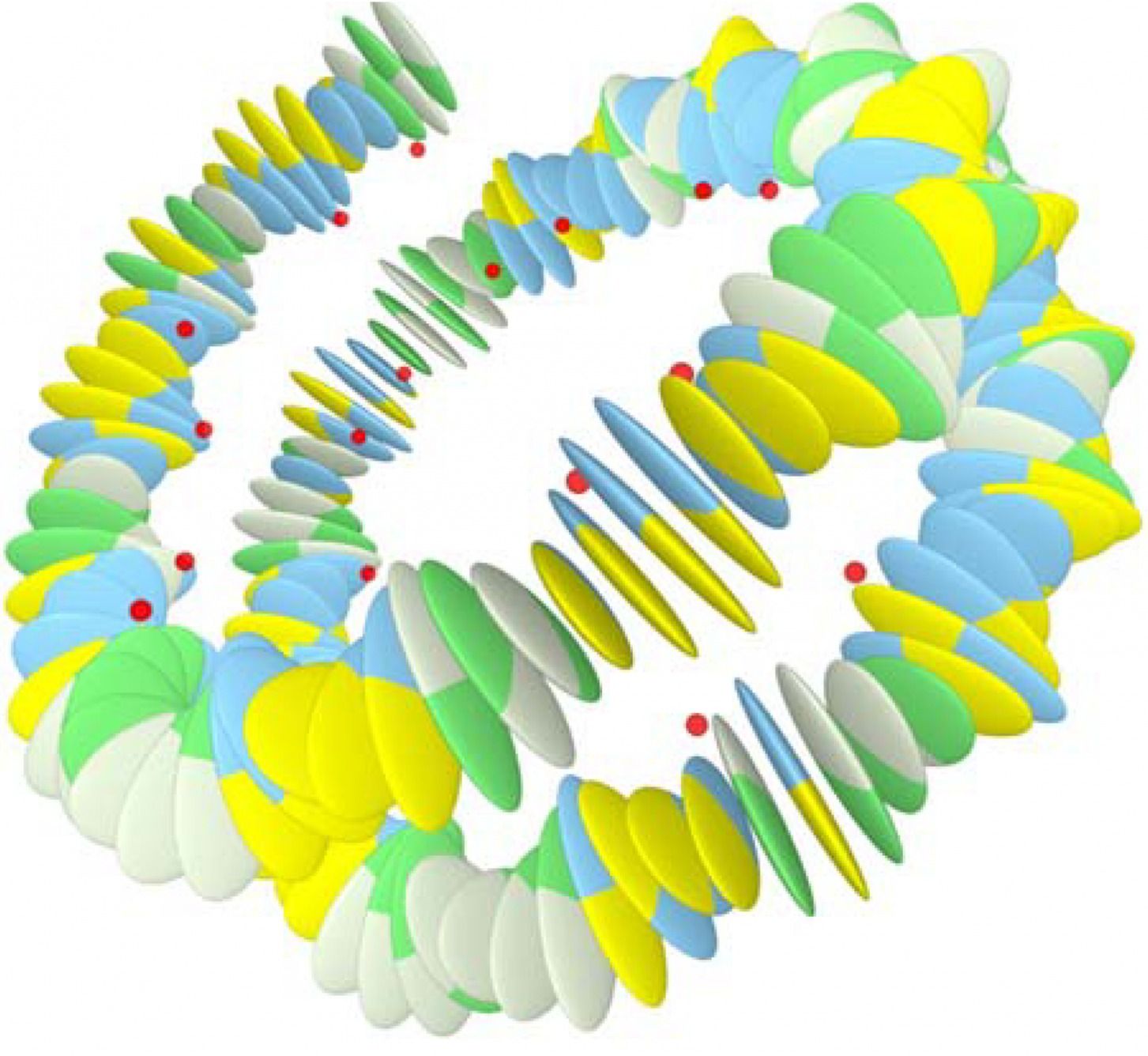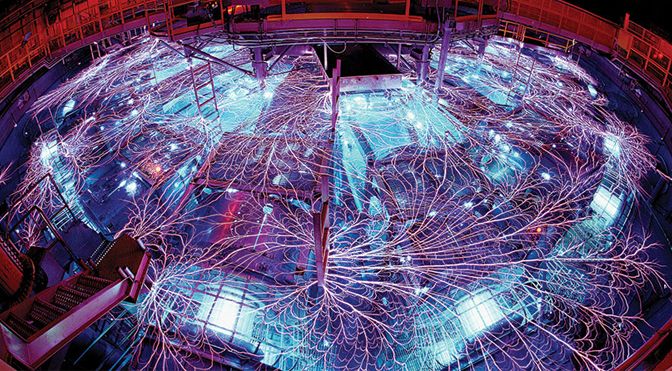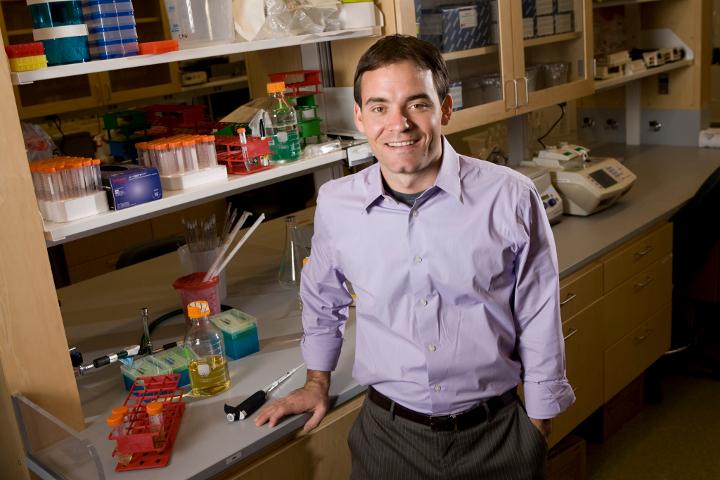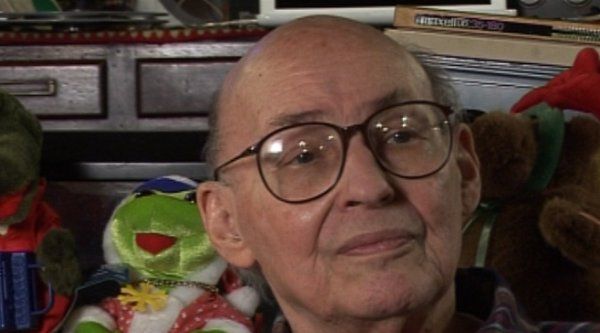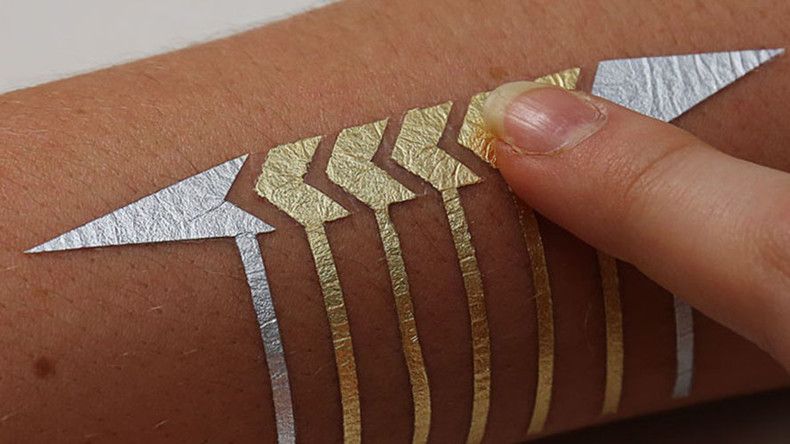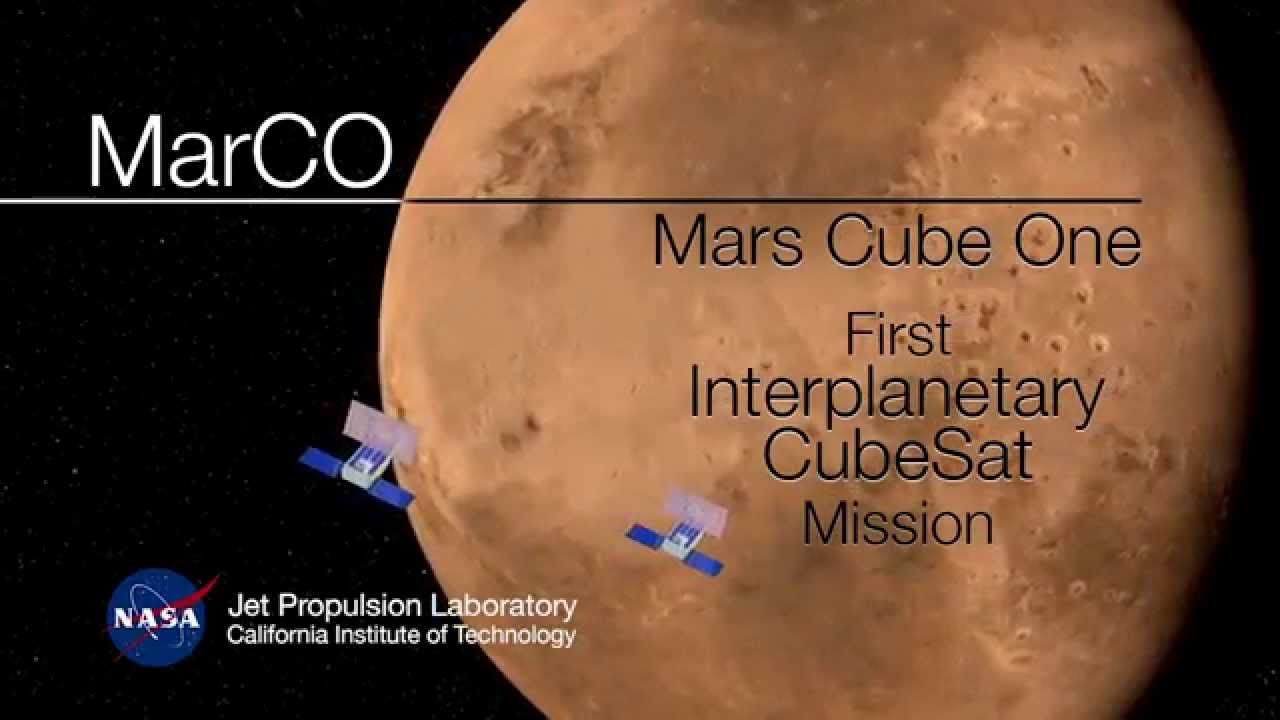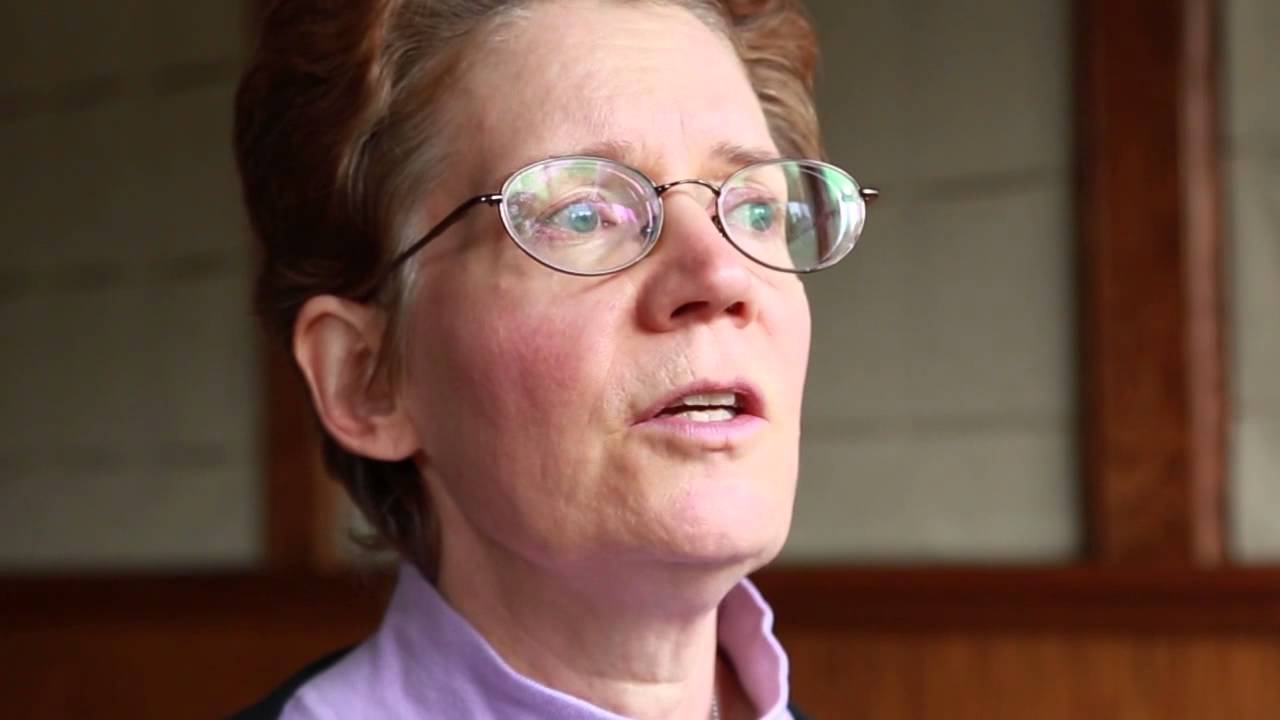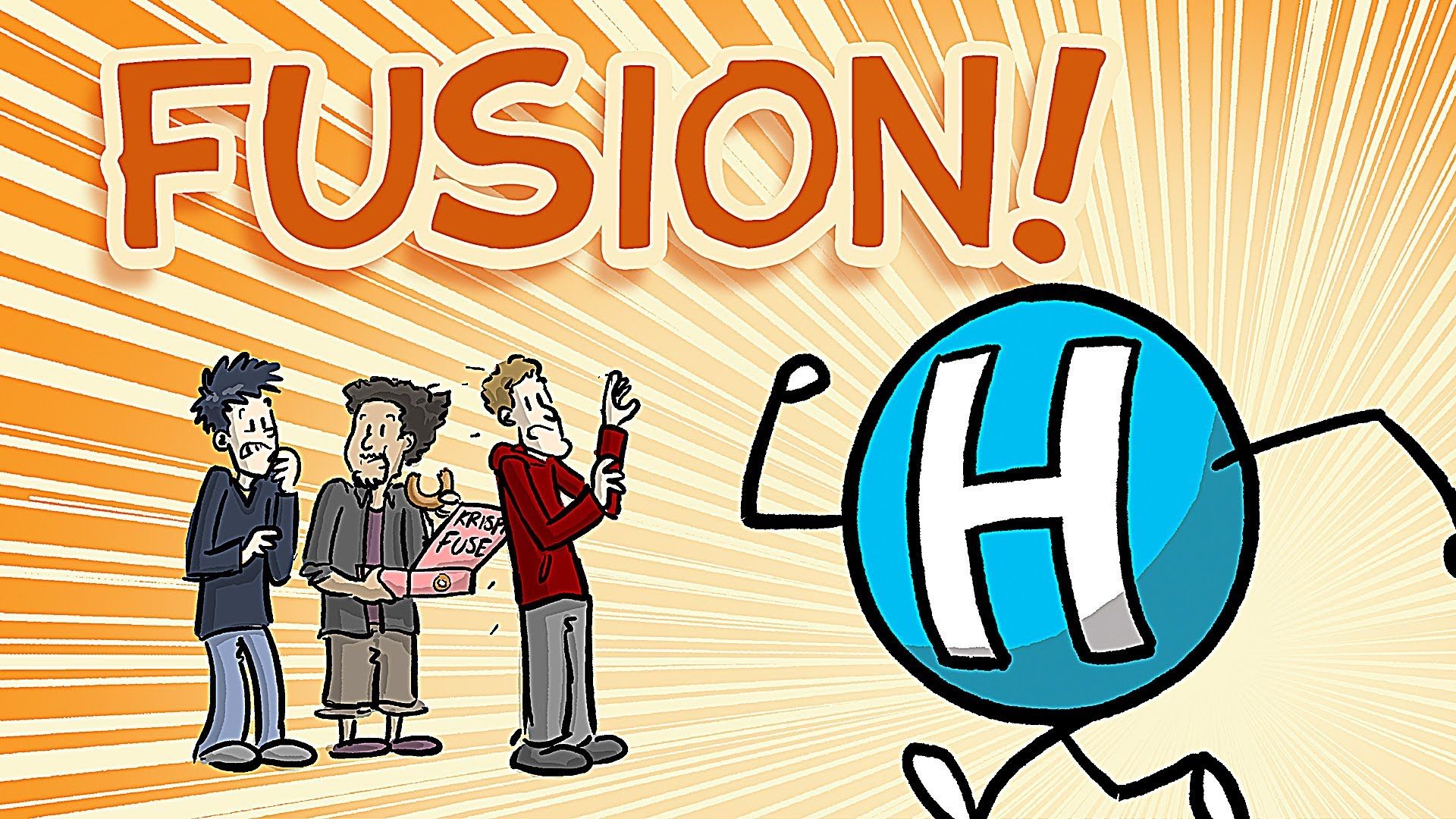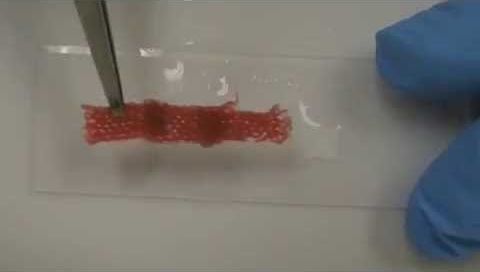Aug 13, 2016
Second layer of information in DNA confirmed
Posted by Shailesh Prasad in categories: biotech/medical, genetics, physics
Leiden theoretical physicists have proven that DNA mechanics, in addition to genetic information in DNA, determines who we are. Helmut Schiessel and his group simulated many DNA sequences and found a correlation between mechanical cues and the way DNA is folded. They have published their results in PLoS One.
When James Watson and Francis Crick identified the structure of DNA molecules in 1953, they revealed that DNA information determines who we are. The sequence of the letters G, A, T and C in the famous double helix determines what proteins are made ny our cells. If you have brown eyes, for example, this is because a series of letters in your DNA encodes for proteins that build brown eyes. Each cell contains the exact same letter sequence, and yet every organ behaves differently. How is this possible?
